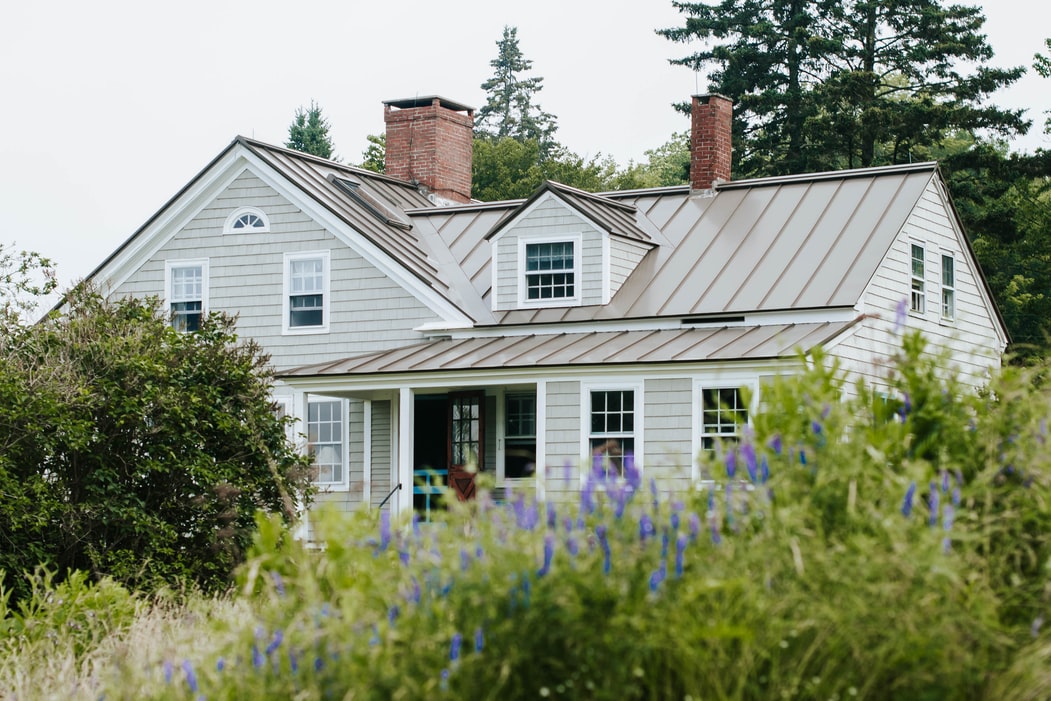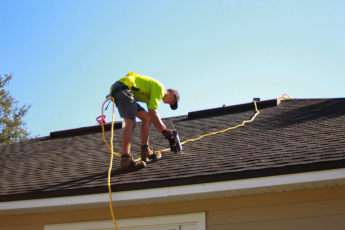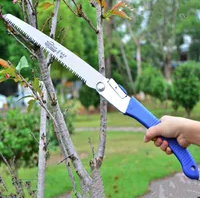How to Prepare Your South Georgia Home for Hurricane Season: Tips for Preventing Water Damage
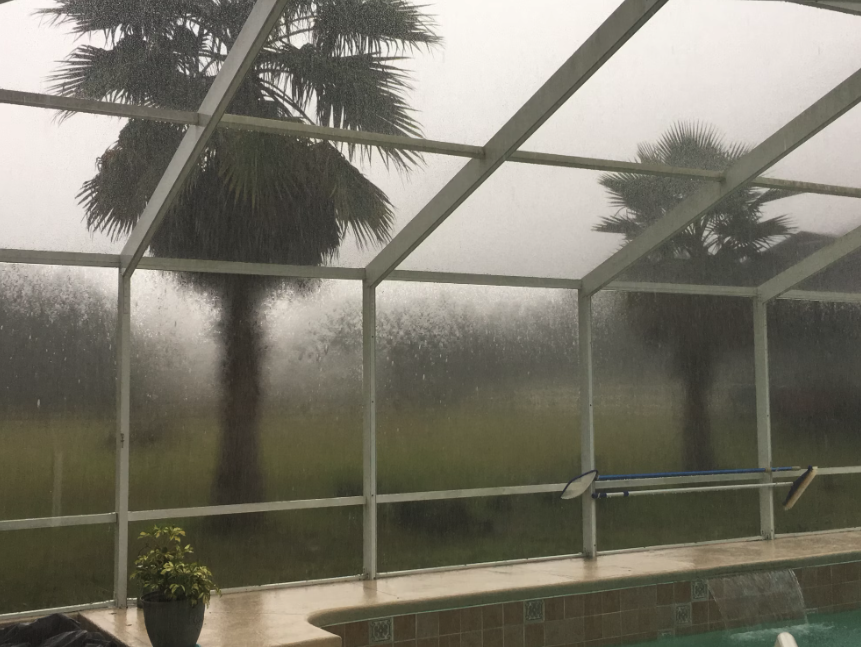
Secure your home for hurricane season with some of these tips that prevent water damage and unnecessary home repairs!
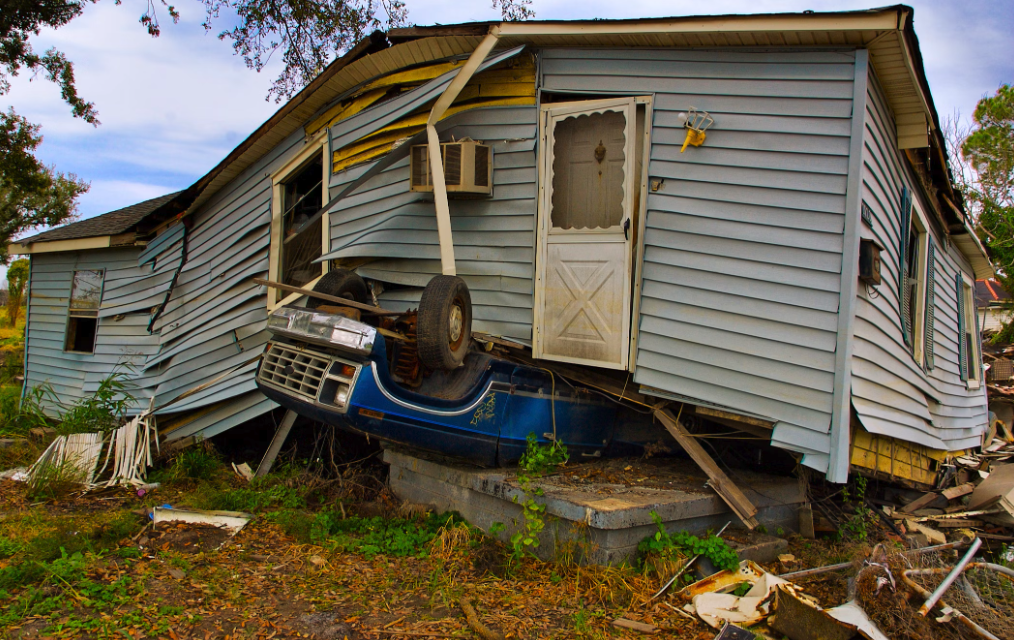
South Georgia is no stranger to hurricanes. Each year, residents brace themselves for the hurricane season, which runs from June 1st to November 30th.
While these storms bring strong winds and heavy rains, the resulting water damage often poses the most significant threat to homes. Preparing your South Georgia home for hurricane season involves understanding the risks and taking proactive measures to prevent water damage.
Understanding South Georgia’s Hurricane History
South Georgia has seen its share of hurricanes over the years. Historical data indicates that the region experiences frequent storms, with varying degrees of intensity. Notable hurricanes that have impacted South Georgia include:
- Hurricane Michael (2018): A Category 5 storm, it caused extensive damage, particularly through flooding and storm surges.
- Hurricane Irma (2017): Though it hit South Georgia as a tropical storm, Irma brought significant rainfall, leading to widespread flooding.
- Hurricane Hermine (2016): A Category 1 storm that resulted in considerable flooding and wind damage.
These hurricanes serve as reminders of the importance of being prepared. Each year, meteorologists predict the number of storms and their potential impact, helping residents anticipate the season’s severity.
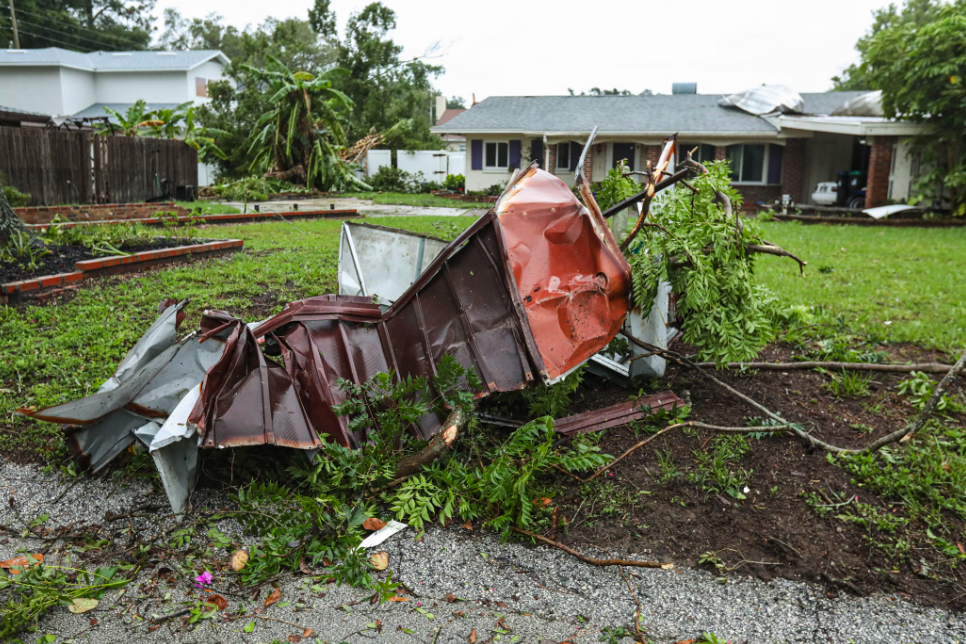
Tips for Preventing Water Damage
1. Inspect and Repair Your Roof
Your roof is your first line of defense against heavy rains. Regularly inspect it for loose or missing shingles and make necessary repairs. Consider installing hurricane straps to secure your roof to the frame of your house, which can prevent it from blowing off during strong winds.
2. Clean and Maintain Gutters and Downspouts
Clogged gutters and downspouts can lead to water overflow, which can damage your home’s foundation and walls. Clean your gutters regularly and ensure that downspouts direct water at least 10 feet away from your house. Installing gutter guards can help keep debris out.
3. Seal Windows and Doors
Check for gaps and cracks around windows and doors. Use weather stripping and caulk to seal them properly, preventing water from seeping in. Consider installing storm shutters for added protection against flying debris and water infiltration.
4. Elevate Electrical Systems and Appliances
If possible, elevate electrical systems, appliances, and HVAC units above potential flood levels. This step can prevent significant damage and reduce the risk of electrical fires. Ensure that electrical outlets, switches, and circuit breakers are at least one foot above the expected flood level.
5. Install a Sump Pump
A sump pump can be invaluable in preventing basement flooding. Install one with a battery backup to ensure it functions during power outages, which are common during hurricanes. Regularly test the pump to ensure it’s working correctly.
6. Waterproof Your Basement
Basement flooding can cause severe water damage. Waterproofing involves sealing walls and floors to prevent water seepage. Consider applying a waterproof coating to basement walls and installing a drainage system to direct water away from your home.
7. Trim Trees and Remove Debris
Overhanging branches can break and cause damage to your home during a storm. Trim trees and remove dead or weakened branches. Clear your yard of debris that could become projectiles during high winds, potentially breaking windows or damaging your roof.
8. Create a Rain Garden
A rain garden is a landscaped area designed to absorb rainwater runoff from roofs, driveways, and other hard surfaces. Planting native shrubs, perennials, and flowers can reduce runoff and help prevent flooding around your home.
9. Store Valuables Safely
Store important documents, photographs, and other valuables in waterproof containers. Keep them on higher floors or elevated areas to avoid damage in case of flooding.
10. Develop an Emergency Plan
Having a solid emergency plan can make a significant difference during hurricane season. Ensure all family members know the plan, including evacuation routes and emergency contacts. Keep an emergency kit with essentials such as water, non-perishable food, medications, flashlights, and batteries.

The Best Solutions for Long-Term Protection
1. Invest in Flood Insurance
Standard homeowners insurance policies typically do not cover flood damage. Consider purchasing flood insurance through the National Flood Insurance Program (NFIP) or private insurers. This coverage can provide peace of mind and financial protection.
2. Elevate Your Home
In areas prone to severe flooding, elevating your home can be a long-term solution. This involves raising the house above the base flood elevation, significantly reducing the risk of water damage.
3. Construct Barriers
Installing flood barriers or levees around your property can help redirect water flow and protect your home. These structures can be costly but offer substantial protection against floodwaters.
4. Regular Maintenance and Updates
Regularly maintaining your home and updating protective measures is crucial. Conduct annual inspections, especially before hurricane season, to address any vulnerabilities. Stay informed about new technologies and methods for water damage prevention.
Conclusion
Preparing your South Georgia water damage restoration for hurricane season requires a combination of preventative measures and long-term solutions. By understanding the region’s hurricane history and implementing these tips, you can significantly reduce the risk of water damage.
Proactive preparation not only protects your property but also ensures the safety and well-being of your family. Stay vigilant, stay informed, and make the necessary preparations to weather the storm.



